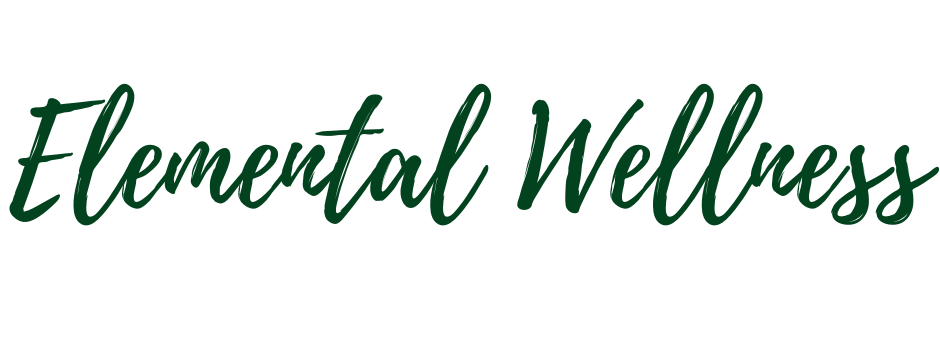Sneezy, Itchy, Drippy
No, I’m not talking about distant cousins to the 7 dwarves. I’m talking about allergy season. Allergies, hay fever, allergic rhinitis. Call it what you will, this time of year can be brutal for those with seasonal allergies. Most people turn to over-the-counter antihistamines for relief, and this certainly can be effective and even necessary. But it can also come with side effects such as brain fog, dizziness, and dry mouth. If you have ever wondered if there are more natural ways of relieving allergy symptoms, keep reading. This one is for you.
To understand how to treat allergies from a Functional Medicine approach, first you need to understand the how and why of allergies. It all starts with an antigen, or a foreign invader. In this case, pollen. The antigen enters the body and gets noticed by the immune system. Specifically, the B Cell. The job of the B Cell is to recognize all types of antigens and release antibodies which then travel throughout the body setting off the alarms and causing the rest of the immune system to react. In the case of allergies, the mast cells are the main player and they react by releasing histamine. You’ve heard of histamine and know it is the cause behind all the dripping and itching and sneezing.
It's important to understand that in and of itself, histamine is not bad. It plays an important role in the body. Otherwise why would it be there? (It wouldn’t) The problem arises when the immune system becomes intolerant and starts reacting, and overreacting, to things it shouldn’t. Like pollen! Pollen is not really a threat to our survival, is it? It’s just a harmless little particle floating about trying to ensure the next generation of plants. But some people have a seriously dramatic immune response to it, hence allergies. So the key to treating allergies in a holistic way, is to help calm and rebalance the immune system! Ultimately this is done by exploring all the ways a body can be out of balance and make it right again. Things like nutrition, sleep, toxin avoidance, gut health, and stress management are some of the key areas to support.
It isn’t possible to make specific recommendations in this article because in Functional Medicine, we recognize that everyone is so different and unique that generalizations are impossible. But there are a few basics that are a good place for anyone to start.
A Health Gut. Having a healthy gut is a must for a healthy and balanced immune system. Assuring an intact intestinal barrier along with a thriving microbiome is the way to go. You’ll want to get plenty of fiber in the diet (food for our microbial friends), eat probiotic rich foods, have daily bowel movements, and avoid things like NSAIDs and antibiotics that break down the gut lining are keys to a healthy gut.
Probiotics. Certain probiotics are especially helpful at assisting with the disposal of histamine. Look for a brand containing B. infantis, L. rhamnosus, or L. plantarum.
Antihistamine Foods. There are plenty of foods that naturally help your body process excess histamine. Foods like asparagus, broccoli, apples, and blueberries are on this list (along with many more)
Stinging Nettle. This is a wild weed that has long been used for its medicinal properties. Drinking 4-5 cups per day can significantly help reduce allergy symptoms, especially if started before allergy season.
Nutraceuticals such as quercetin, green tea, Omega-3 fish oil, and reishi mushrooms are also known to stabilize mast cells and reduce histamine release.
Remove the pollen by showering at the end of the day.
Sinus Rinse. The use of a neti pot or sinus rinse daily will help flush pollen out of the nasal passages and reduce exposure.
Stress management helps reduce allergy symptoms by reducing cortisol levels. Excess cortisol worsens histamine reactions.
Essential Oils such as peppermint, lavender, and lemon are among favorites for alleviating allergy symptoms.
Seasonal allergies are a challenge for many and hopefully short lived. Employing healthy diet and lifestyle choices regularly and before allergy season hits is the best way to reduce suffering. But it’s never too late to start and small changes can make a huge difference. How will you approach allergy season differently this year?
